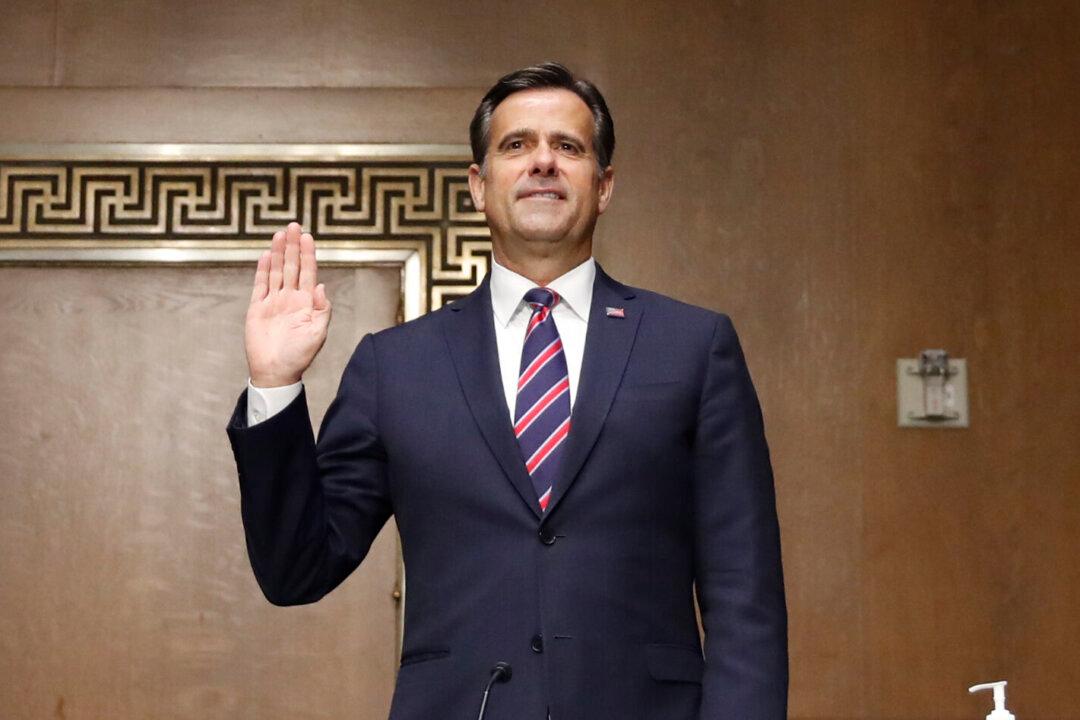The Senate on Thursday narrowly confirmed the nomination of Rep. John Ratcliffe (R-Texas) as director of national intelligence.
The final vote was 49-44.


The Senate on Thursday narrowly confirmed the nomination of Rep. John Ratcliffe (R-Texas) as director of national intelligence.
The final vote was 49-44.